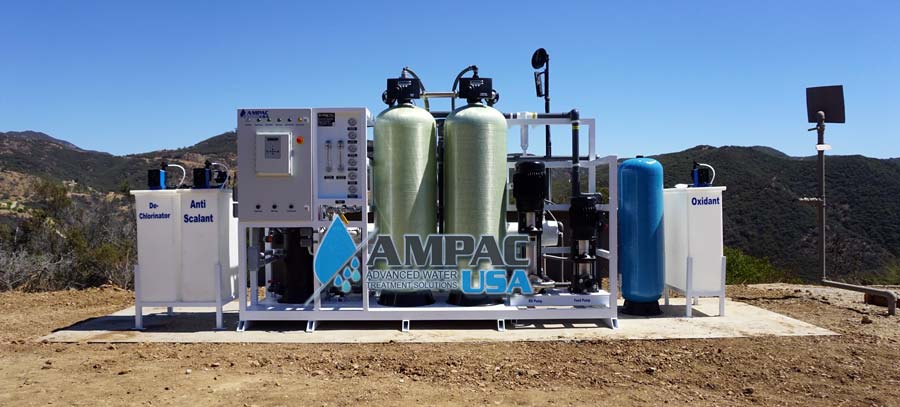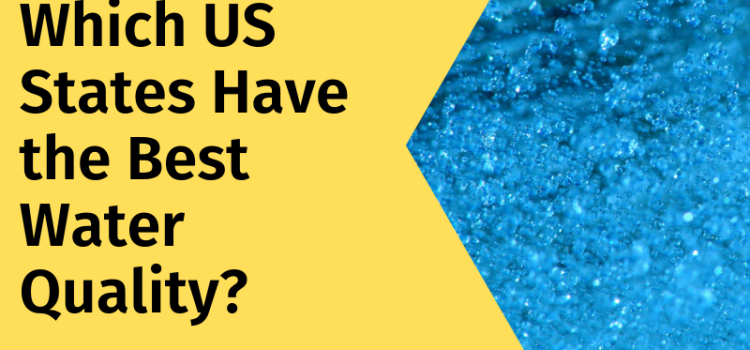Last updated on November 13th, 2024 at 09:59 am
If you’re an industry owner, manager, or entrepreneur seeking to understand how reverse osmosis (RO) works, this blog is for you. Let’s dive into the details.
What Is Reverse Osmosis (RO)?
Reverse osmosis is a water treatment process that employs a semi-permeable membrane to remove impurities, contaminants, and dissolved solids from water. Under pressure, water molecules pass through the membrane, while dissolved salts and other pollutants are blocked. The result is purified, high-quality water (referred to as “permeate”), with concentrated impurities removed as “reject” or “brine.”
Types of RO Systems
- Conventional Reverse Osmosis (CRO)
- Brackish Water Reverse Osmosis (BWRO)
- Seawater Reverse Osmosis (SWRO)
- Electrodialysis Reversal (EDR)
- Nanofiltration (NF)
- Forward Osmosis (FO)
- Zero Liquid Discharge (ZLD)
- Capacitive Deionization (CDI)
How Does the RO Plant Work?
Pre-treatment Processes:
- Filtration: Removes sediment and chlorine that could harm the RO membrane.
RO Process:
- Water is forced through the membrane, allowing only water molecules to pass.
- Dissolved salts, minerals, and pollutants are rejected.
- Purified water (permeate) is collected.
Post-treatment Process:
- Additional treatment steps to enhance water quality.
- May include remineralization or pH adjustment.
Post-chronicle Dosing System:
- Chemical dosing to prevent scaling or fouling.
Benefits of Industrial RO Plants
Industrial RO plants play a crucial role in ensuring clean and reliable water supply for various applications. Let’s explore the advantages they offer:
1. High-Quality Water:
- Industrial RO plants effectively remove impurities, including ionic salts, non-ionic substances, colloidal matter, viruses, and bacteria.
- The purified water meets stringent quality standards, making it safe for drinking, cooking, and other uses.
2. Reliable Process:
- Reverse osmosis is a proven and reliable water purification method.
- It operates consistently, ensuring a steady supply of clean water.
3. Easy Installation and Maintenance:
- Industrial RO plants are straightforward to install and set up.
- Routine maintenance ensures optimal performance and longevity.
4. Fully Automatic System:
- Once installed, an industrial RO plant operates automatically.
- Minimal manual intervention is required, reducing labor costs.
5. Cost Savings:
- By using an RO plant, companies can reduce their monthly water expenses.
- The long-term benefits outweigh the initial investment.
6. Enhanced Product Quality:
- Clean water contributes to better product quality in manufacturing processes.
- Industries such as pharmaceuticals, food processing, and electronics rely on consistent water quality.
7. Equipment Protection:
- RO plants safeguard equipment (such as boilers, cooling towers, and machinery) from scale buildup caused by impurities.
- Prolonged equipment lifespan translates to cost savings.
8. Operational Efficiency:
- Reliable water supply improves overall operational efficiency.
- Reduced downtime due to equipment maintenance leads to increased productivity.
9. Environmental Responsibility:
- Using RO technology minimizes the environmental impact.
- It reduces the need for chemical treatments and conserves water resources.
Some Common Applications of Industrial RO plants
Industrial reverse osmosis (RO) plants find widespread use across various sectors due to their ability to provide high-quality water. Here are some common applications:
- Manufacturing: Industries such as food and beverage processing, pharmaceuticals, chemicals, and electronics rely on industrial RO plants to ensure water purity for manufacturing processes, product quality, and regulatory compliance1.
- Pharmaceuticals: RO systems are crucial for producing purified water used in pharmaceutical manufacturing, ensuring that medications meet stringent quality standards.
- Boiler Feed Water: RO plants supply high-quality water for boiler feed, preventing scale buildup and improving overall efficiency.
- Food and Beverage: RO-treated water is essential for food and beverage production, including beverage bottling, dairy processing, and food preparation.
- Metal Finishing: Industries involved in metal plating, coating, and finishing use RO water to achieve consistent quality and prevent contamination.
- Semiconductor Manufacturing: Ultra-pure water is vital for semiconductor fabrication, where even trace impurities can affect electronic components.
- Aerospace: RO systems play a role in aerospace applications, such as cleaning components and ensuring reliable water supply for spacecraft.
- Automotive: Automotive manufacturing relies on RO-treated water for various processes, including painting, cooling, and parts cleaning.
In conclusion, investing in a quality industrial RO plant offers a wide range of benefits beyond clean water. It contributes to operational efficiency, cost savings, and environmental stewardship.












Hello! I understand this is sort of off-topic but Ihad to ask.
Does running a well-established wwebsite such as yours require a large amount of work?
I am brand new to operating a blog buut I doo write in my
diary daily. I’d like to start a blog so I can share my experience and views online.
Please let mee know if you have any suggestions or tips for new aspiring bkog owners.
Appreciate it!
My homepage https://Telegra.ph/Playson-and-its-gaming-machines-12-25
Gardens AL Local News – Calm and informative, the site helps residents stay up to date with neighborhood happenings.